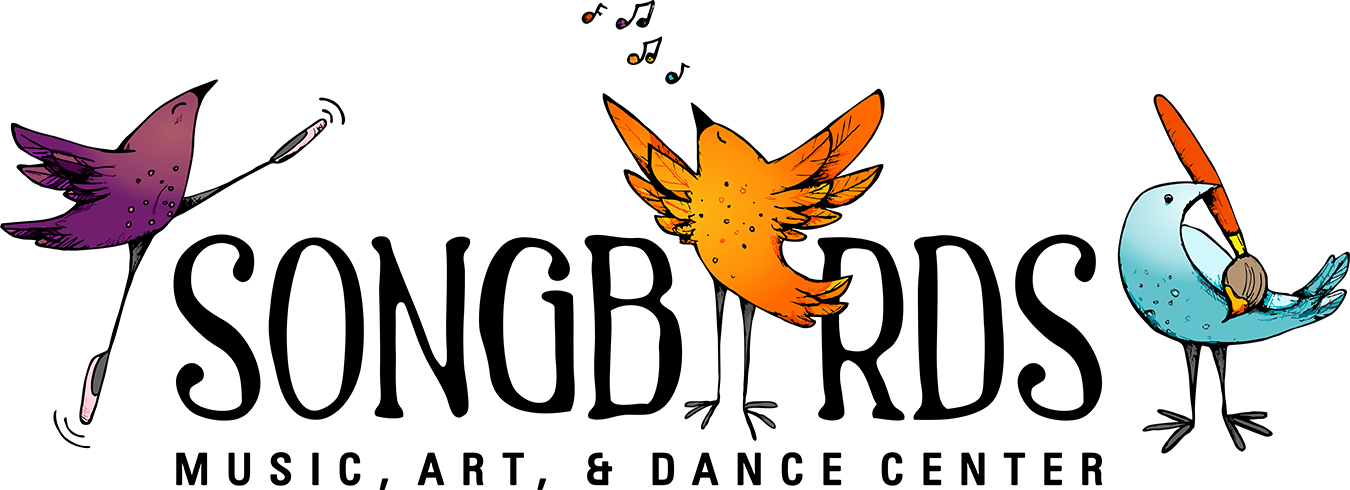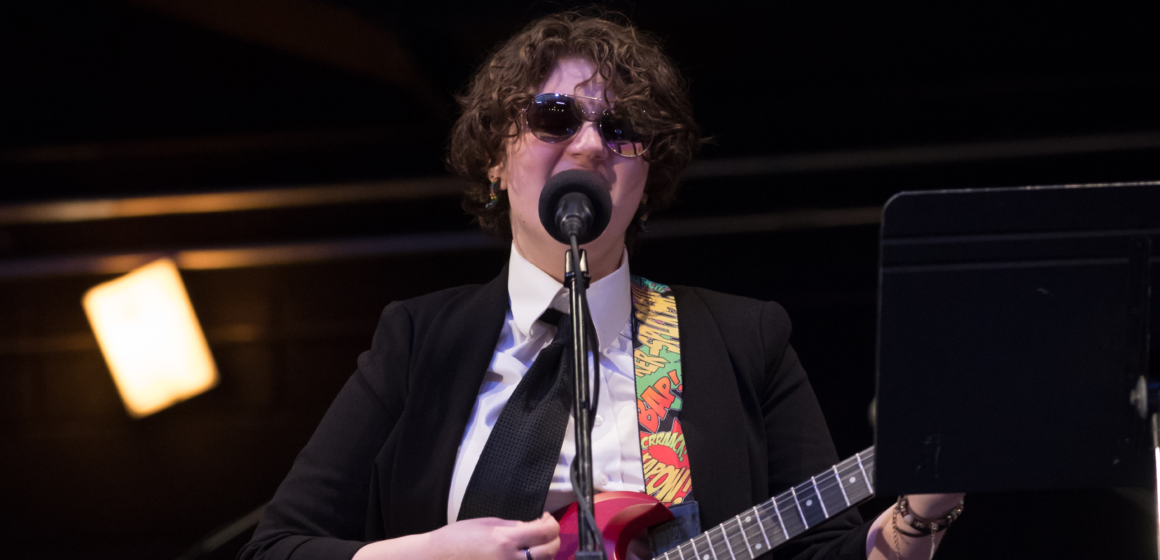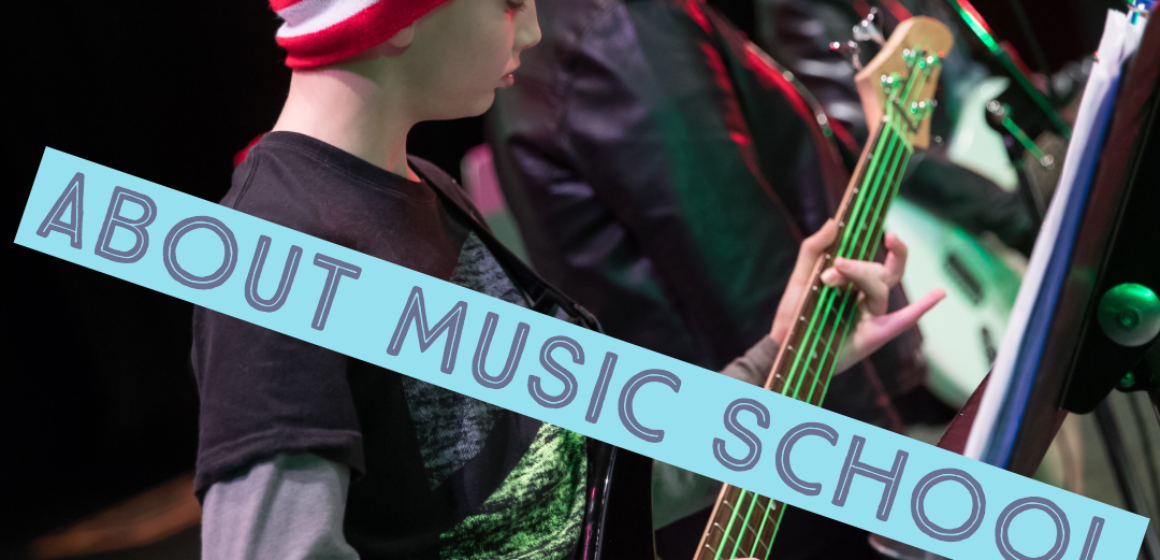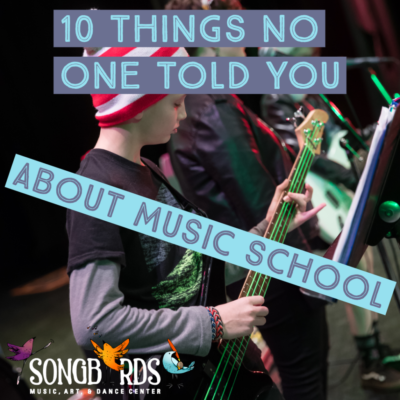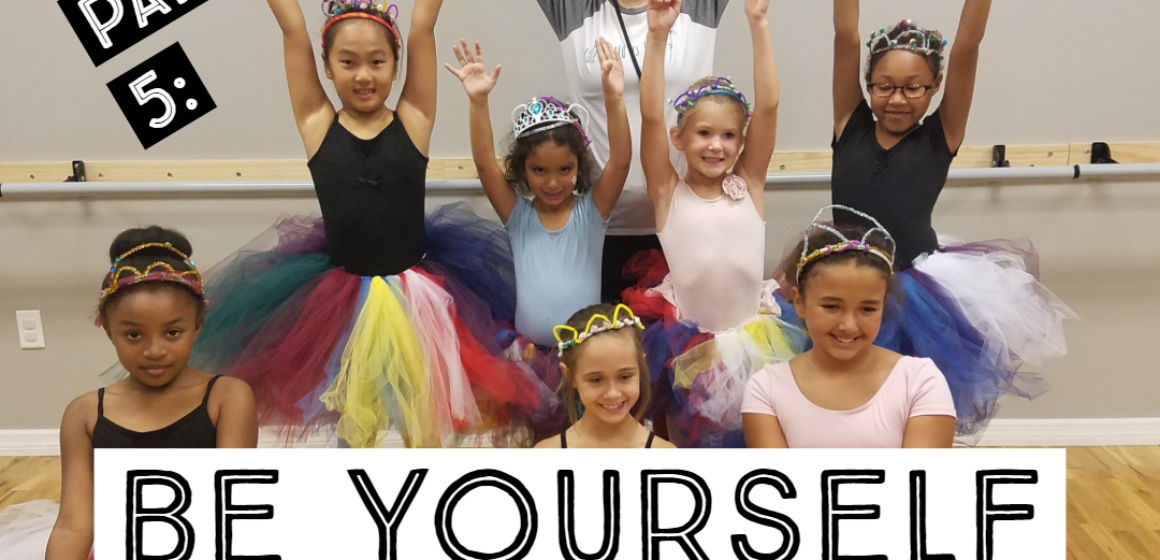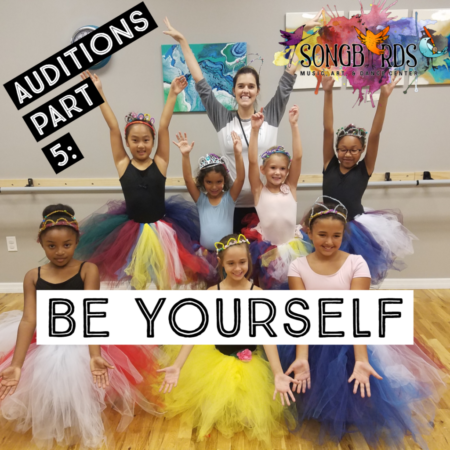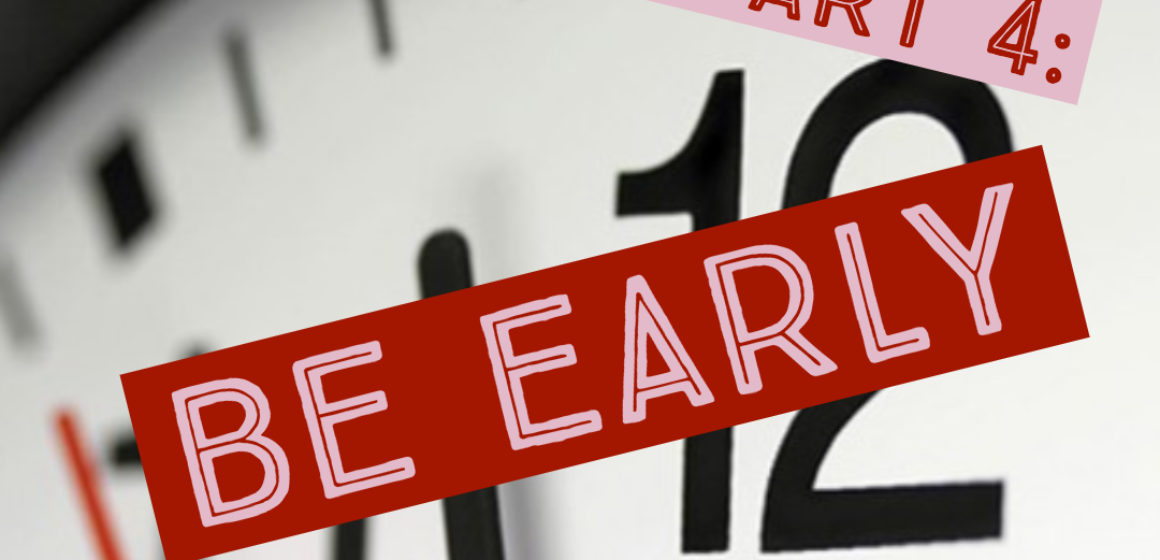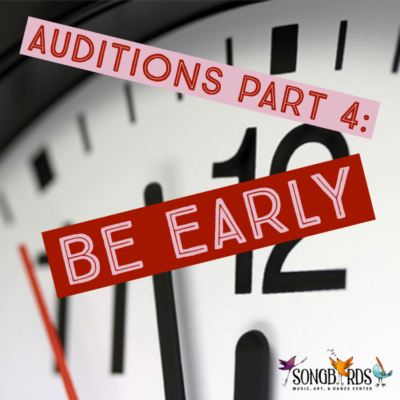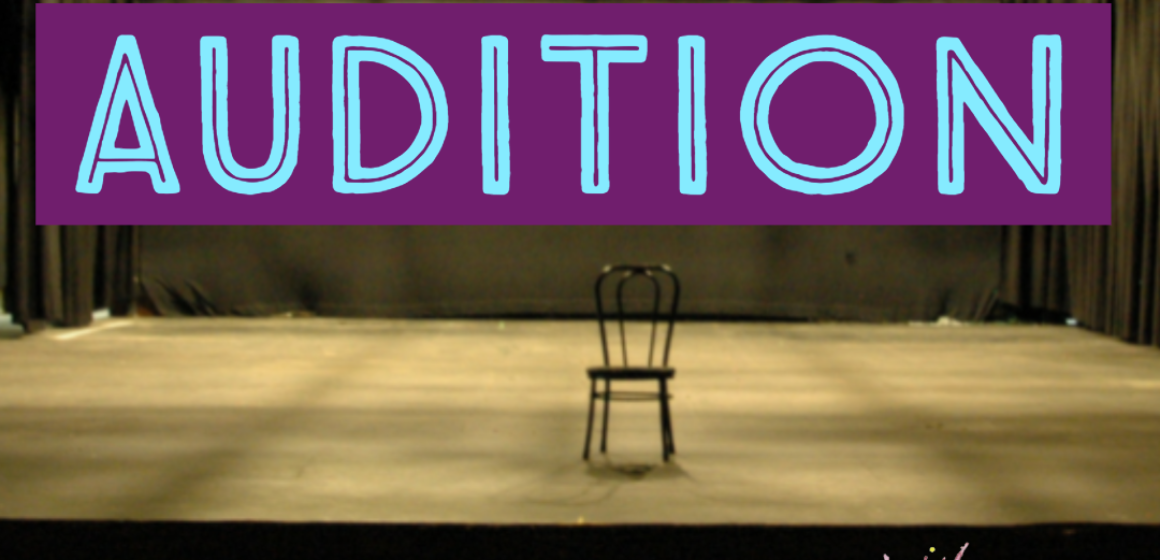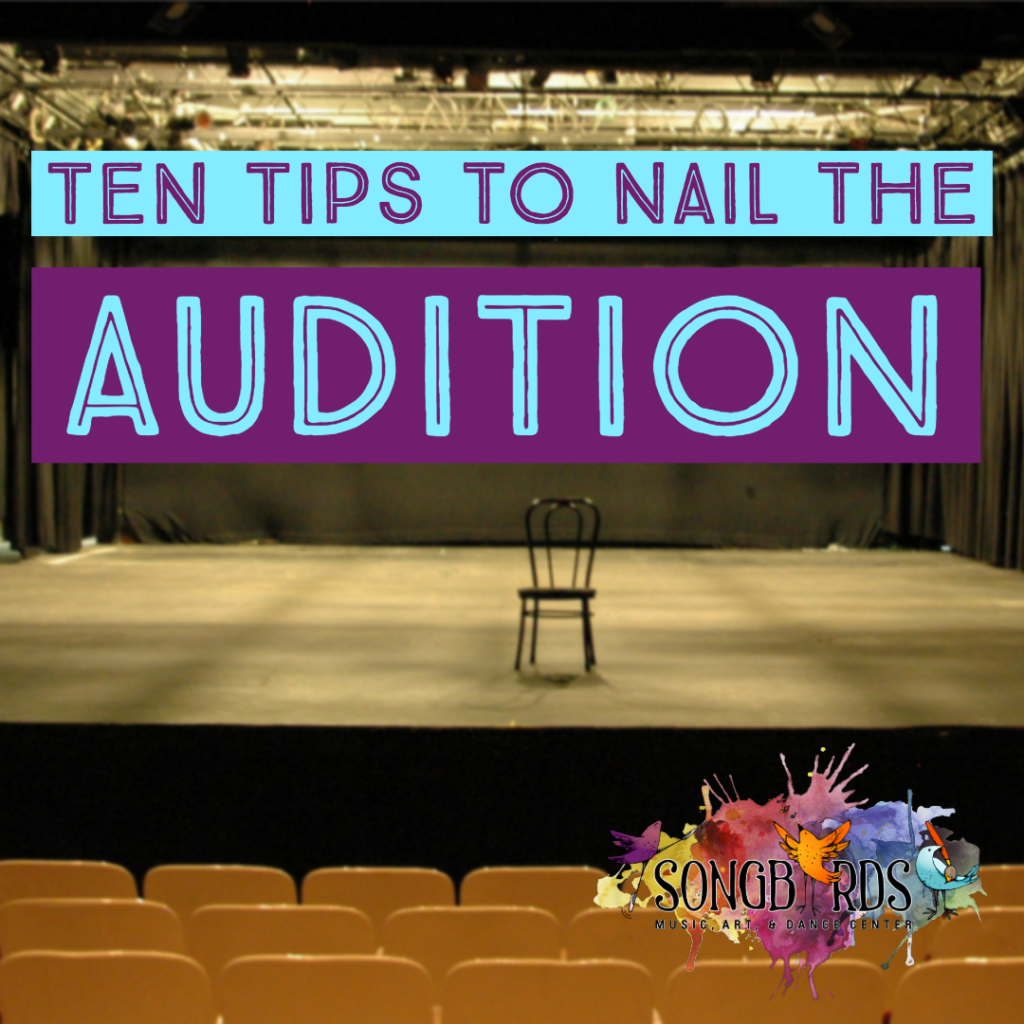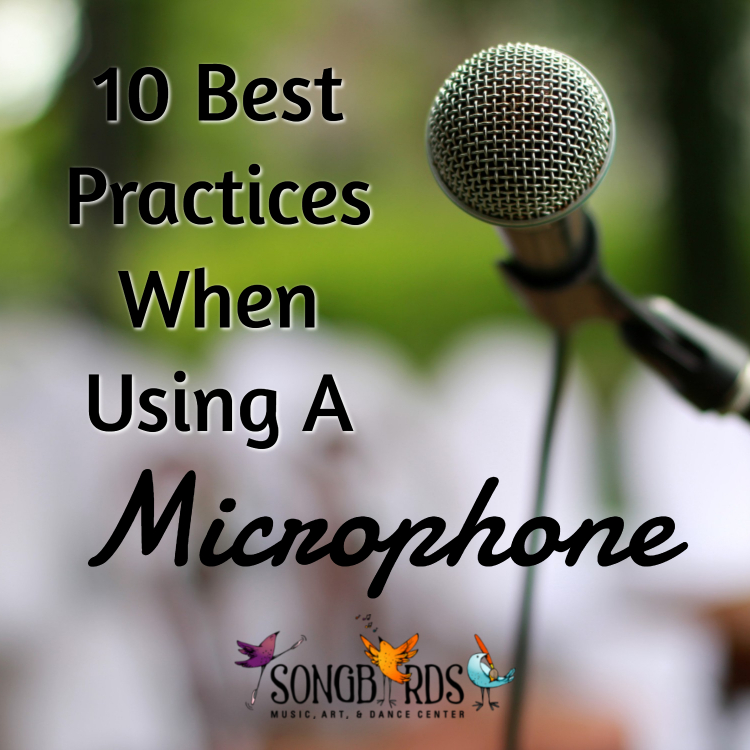How to Really Practice
This upcoming weekend, our student Rock Bands will be performing at one of the biggest local festivals that occurs each year. In light of that, I thought it’d be a good idea to go over some tips for preparing for your next big performance, audition, or show! This information is geared towards musicians, but dancers and other performing artists may find it helpful as well. These tips apply most appropriately for live music – stay tuned if you’re looking for tips on how to record successfully. On to the info!
1. Accessories and Backups
No matter what you’re playing or performing, your instrument or equipment will need accessories of some kind. That may be reeds for a clarinet, slide oil for a trombone, picks for a guitar, or rosin for a bow. The night before you perform, check that you have everything packed and that it’s ready to go. Always bring as many backups as possible – you’ll never need them if you have them, but that one time that you only have one set of guitar strings will be that one time that they break during a show. Being prepared with all of your gear will give you extra peace of mind and will help you focus on having fun for your performance.
2. Tuning
It may seem obvious, but it’s super easy to overlook tuning. Tune your instrument before you play, and double-check that tuning before you go on stage! Singers should warm up gently without overdoing it. If you are playing in a climate with humidity and temperature fluctuation, like outdoors in summer, you’ll need to check your tuning more frequently. It’s a good idea to go the extra mile and have your instrument serviced by a professional repair technician in between shows. It may need some TLC to get it playing optimally. The worst feeling is playing an instrument that fights against you.
3. Silly Things
Double check all of the silly things that often get overlooked. Is your guitar plugged in? Is the amp volume set appropriately? Are the PA speakers on? Did you tighten your bow? Is your reed set correctly on the mouthpiece? When something goes wrong at a performance, it’s almost always due to something silly and minor. The amount of times that I’ve forgotten to plug in a cable…
4. Take it Seriously, but Don’t.
Performing should always make you a tiny bit nervous. This doesn’t mean that earthshaking, panic-inducing stage fright that we feel the first time that we try something new – this means that little tingle of nerves that mean we care. Taking your performance seriously helps you focus and play your best, but remember that the Arts are meant to be shared and enjoyed. We aren’t saving lives and the stakes aren’t high when we play. Just have fun, play, and take it seriously (a little bit).
5. Control Your Body
With any kind of performance, your body is either your instrument or an extension of your instrument. The best thing that you can do is breathe slowly, deeply, and with steady rhythm. Deep breathing tricks your body into feeling calm and safe. On the other hand, fast, shallow, and arhythmic breathing starts a panic reflex in the body. This then snowballs into an adrenaline rush, or the fight/flight/freeze response that you often hear so much about. If you’ve ever had sweaty palms, increased heart rate, or dizziness before going on stage, you’ve had your panic reflex well underway. Before performing, take purposeful time to breathe and slow down. Try inhaling through your nose and exhaling through your mouth on an “s” or “z” sound. This trick slows your air and offers gentle resistance to your airstream. You can also experiment with using a “power pose” – the most common is a shoulder-width stance with your hands on your hips and chest raised. An open position like this also tricks your body into slowing down and helps fight off stage fright.
6. Practice with Intention
Take time to practice well before your performance. The phrase “amateurs practice until they get it right, masters practice until they can’t get it wrong” is annoying, but accurate. Practice with intention and focus as much as possible, but don’t overdo it. It’s much more effective to practice in short increments frequently than one big chunk per day. Take breaks when needed, and make a point to be honest and focus on the sections that need the most work. It’s tempting to practice your performance all the way through, but the spots that need fixing will be glossed over and sloppy. Be like a bloodhound after a scent and target the tricky bits – if you can fix them, your entire performance will improve! Lastly, remember that good practicing takes time (a lot of time!). You probably won’t be able to prepare a new piece the day before a performance, so plan ahead.
I hope that your next performance is fun, awesome, and rewarding! Stay tuned for future installments of our Knowledge Blog, and in the meantime, keep practicing!
